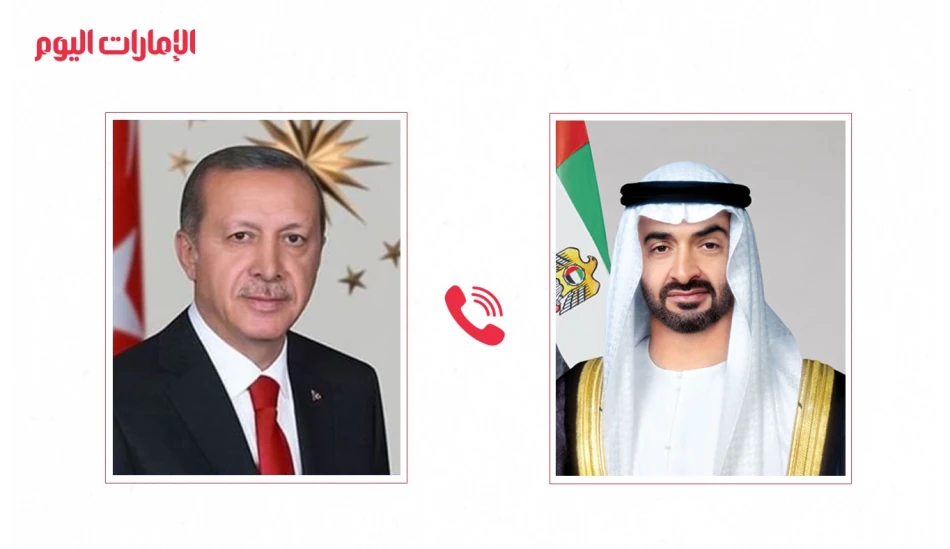
UAE President and Turkish Counterpart Discuss Bilateral Ties and Regional Developments
UAE and Turkey Strengthen Strategic Partnership Amid Regional Turbulence
UAE President Sheikh Mohammed bin Zayed Al Nahyan and Turkish President Recep Tayyip Erdogan held extensive talks on deepening bilateral cooperation and coordinating diplomatic responses to Middle Eastern crises, signaling a continued thaw in relations between two nations that were regional rivals just years ago.
Economic Partnership Takes Center Stage
The phone conversation between the two leaders emphasized expanding collaboration across sectors that drive economic development and serve mutual interests. This focus on economic ties reflects the pragmatic recalibration both countries have pursued since 2021, when they began mending relations strained by disagreements over regional conflicts and political movements.
The UAE-Turkey relationship has evolved from tension to strategic partnership, with bilateral trade reaching approximately $19 billion in 2023. Turkey's economic challenges, including currency volatility and inflation, make the UAE's investment capital and financial stability particularly attractive, while Turkey offers the UAE access to European markets and manufacturing capabilities.
Regional Diplomacy and Crisis Management
Middle East Stabilization Efforts
Both leaders stressed their commitment to supporting peace and stability initiatives across the Middle East, emphasizing diplomatic dialogue as the primary mechanism for resolving regional crises. This approach aligns with the UAE's broader strategy of economic diplomacy and Turkey's recent pivot toward regional reconciliation.
The timing of these discussions is significant, occurring as the region faces multiple flashpoints including ongoing tensions in Gaza, Syria's protracted conflict, and broader geopolitical realignments following recent normalization agreements.
Strategic Coordination Benefits
The UAE-Turkey coordination represents a shift from the proxy conflicts that characterized their relationship during the Arab Spring period. Their alignment on diplomatic solutions could influence regional dynamics, particularly given Turkey's NATO membership and the UAE's growing influence in Arab and African affairs.
Implications for Regional Architecture
This partnership reflects broader trends in Middle Eastern geopolitics, where economic interests increasingly drive diplomatic relationships. Unlike the ideological divisions of the previous decade, current regional alliances prioritize pragmatic cooperation over political alignment.
The UAE's approach mirrors similar strategies employed by Singapore and other trading nations that leverage economic partnerships to build diplomatic influence. For Turkey, deeper ties with the UAE provide crucial economic support while maintaining its regional influence without the costs of confrontation.
The emphasis on diplomatic solutions also signals both countries' recognition that regional stability serves their economic interests better than prolonged conflicts, potentially creating a stabilizing influence in a historically volatile region.
Most Viewed News

 Sara Khaled
Sara Khaled






